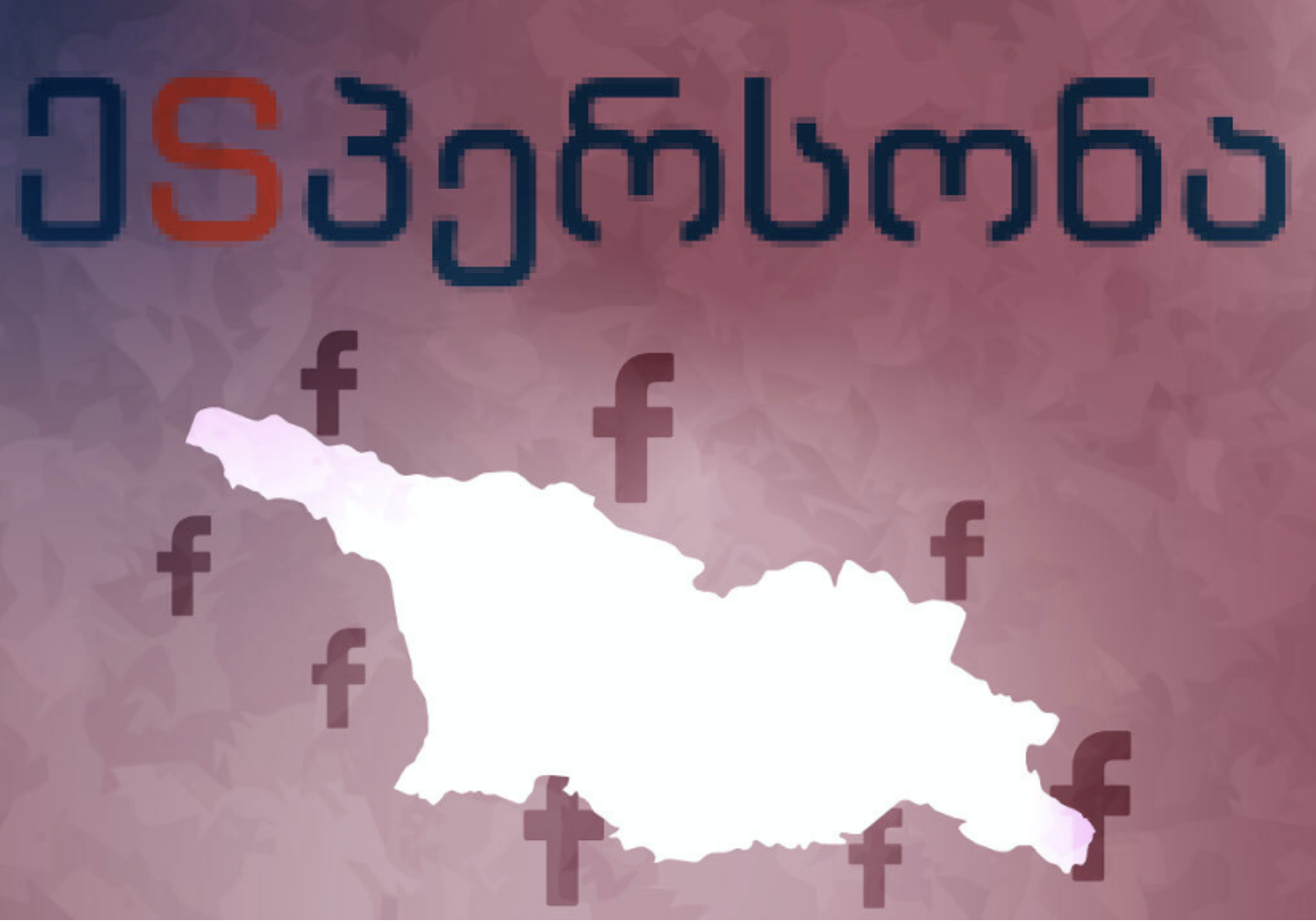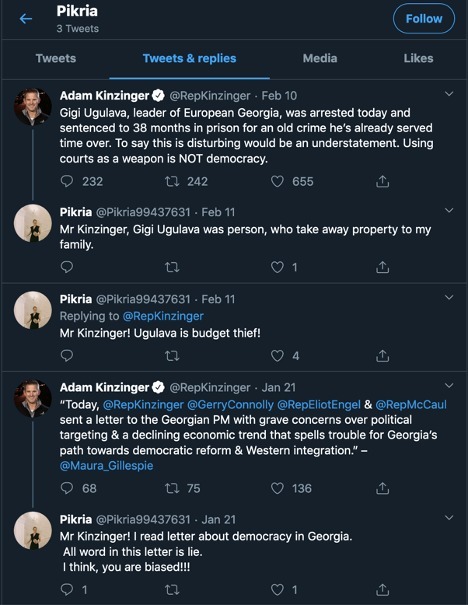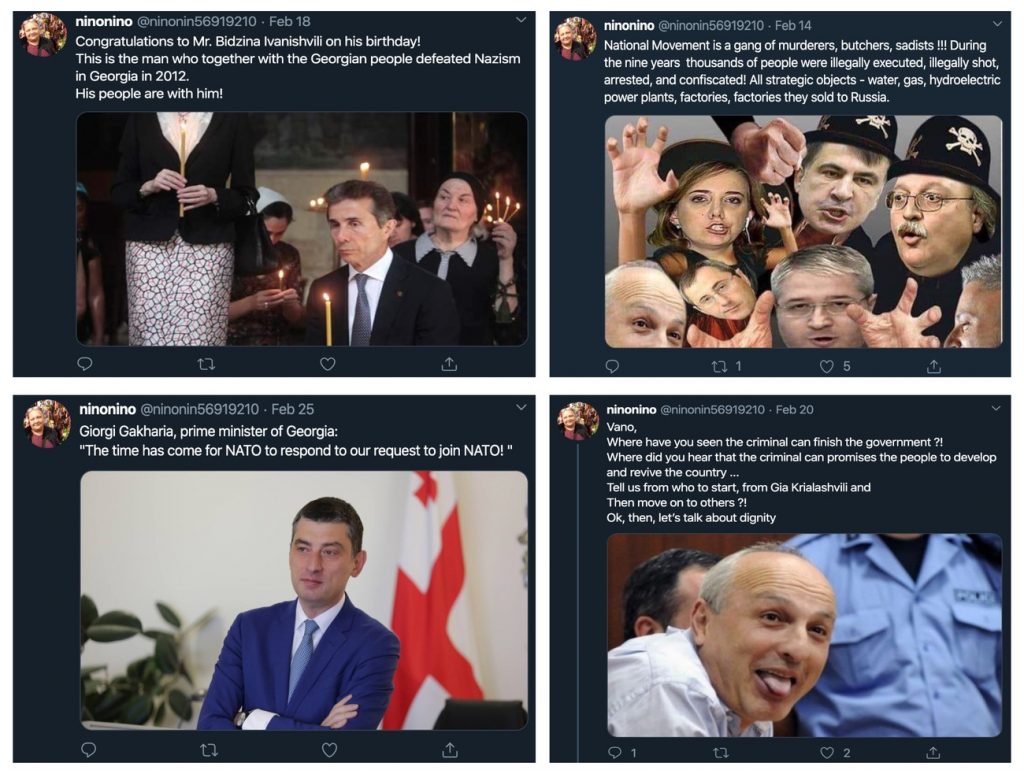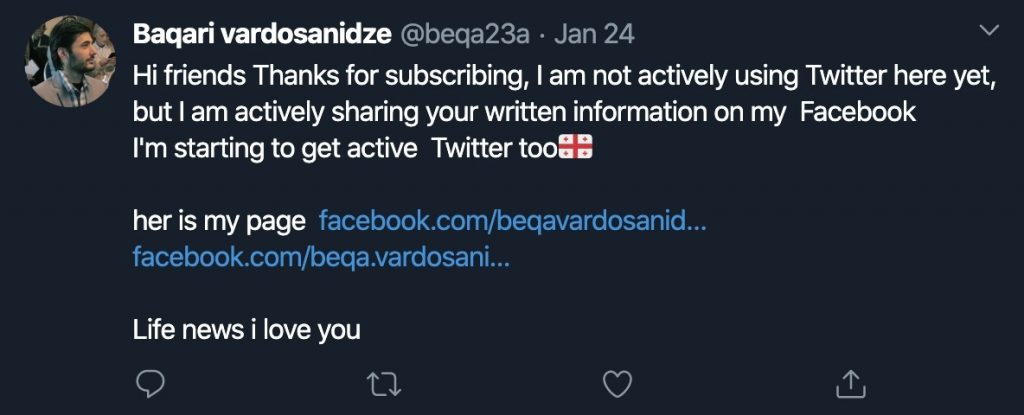Share














Most read

US vice-president’s visit to Armenia hailed as ‘historic’ - what it delivered
'Armenia breaks free from Russian-Turkish grip': reaction to JD Vance’s visit
Latest news in Georgia, Armenia, Azerbaijan, summary. Live
19 Azerbaijani experts cross land border to meet Armenian counterparts for the first time
What possible EU sanctions on Georgia’s Kulevi port could mean

Chemical weapons allegations and legal battle: Georgia’s authorities respond to BBC
US State Department: 'We seek constructive relations with Georgia'
Prime minister of Georgian Dream: “The migration issue is of particular concern to Georgian society”
Abkhaz truck drivers stage protest at Russian border
Russian court orders in-absentia arrest of an Abkhazian MP and six other opposition figures


















